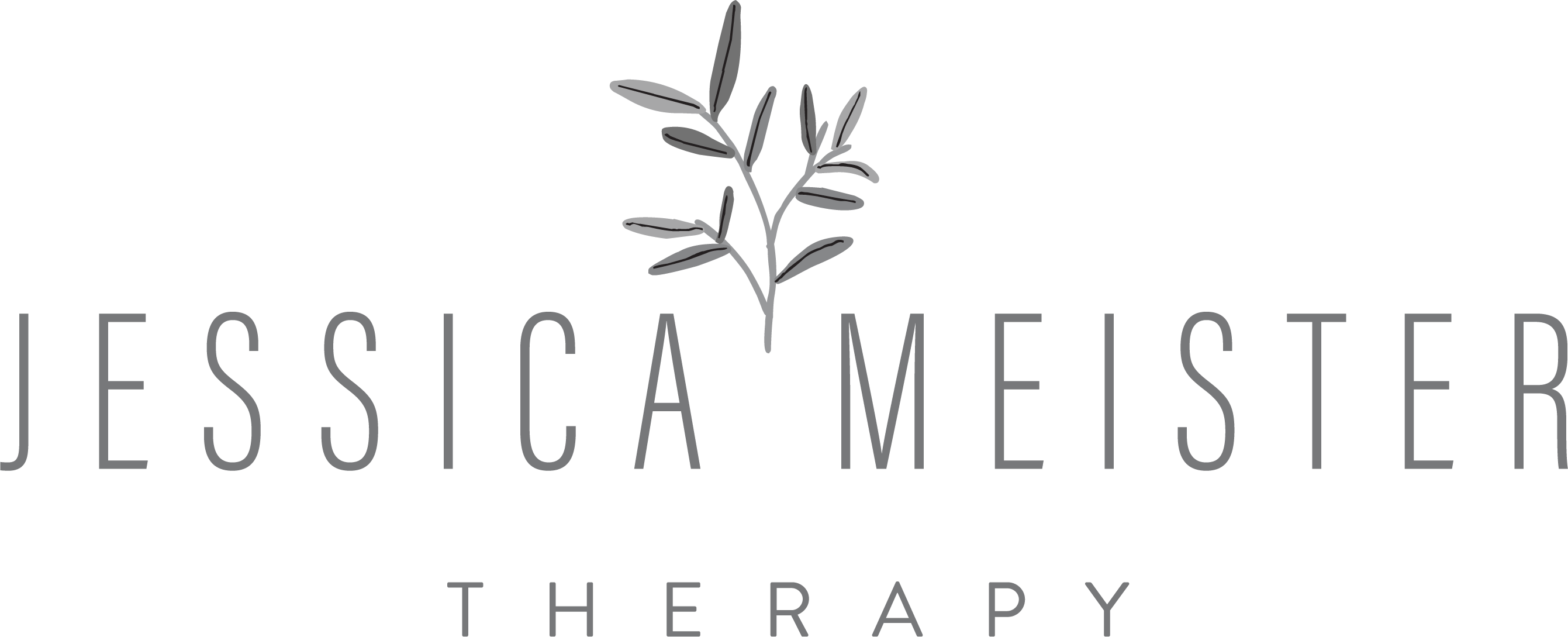For couples struggling with infertility, the decision to use donor eggs can be both deeply
personal and emotionally challenging. Whether due to age-related fertility decline,
genetic factors, or other medical reasons, the choice to pursue donor eggs is often
accompanied by a complex mix of emotions, hopes, and uncertainties. In this blog post,
we’ll get into the considerations involved in the decision to use donor eggs and offer
support and guidance for those exploring this fertility option.
Understanding Donor Egg IVF:
Donor egg in vitro fertilization (IVF) is a fertility treatment option in which eggs from a
donor are fertilized with sperm from the intended father and transferred to the uterus of
the intended mother or a gestational carrier. This option can offer hope to couples who
have been struggling and unable to conceive a healthy baby using their own eggs or
who are at increased risk of passing on genetic disorders.
Considerations for Using Donor Eggs:
- Genetic Concerns: For couples with a history of genetic disorders or chromosomal
abnormalities, using donor eggs can provide a pathway to parenthood while reducing
the risk of passing on genetic conditions to the child. - Age-Related Infertility: As women age, the quality and quantity of their eggs decline,
making conception more challenging. Donor eggs can be a viable option for older
women or for any age person who is having difficulty conceiving with their own eggs.
Some women may have been diagnosed with diminished ovarian reserve and find
themselves struggling to conceive, or others may be experiencing recurrent losses.
There are a host of reasons in the fertility world that a woman of any age might be
struggling with her own eggs and be considering donor eggs. - Emotional Impact: Deciding to use donor eggs can evoke a range of emotions,
including grief, loss, relief, and hope. It’s essential for couples to communicate,
acknowledge and validate one another’s feelings throughout the decision-making process and seek support from healthcare professionals, therapists, or support groups specializing in fertility issues. - Legal and Ethical Considerations: Using donor eggs involves legal and ethical
considerations regarding consent, confidentiality, and the rights and responsibilities of
all parties involved. It’s crucial for couples to fully understand the legal and ethical
implications of donor egg IVF and work with reputable fertility clinics and legal
professionals to navigate these complexities.
Support and Resources:
Navigating the decision to use donor eggs can feel overwhelming, but you are not
alone. There are resources and support networks available to guide you through this
journey with compassion and empathy:
- Fertility Clinics: Reputable fertility clinics offer comprehensive support and guidance
for couples exploring donor egg IVF, including medical evaluations, counseling services,
and donor egg matching. - Mental Health Professionals: Therapists specializing in fertility issues can provide
emotional support, coping strategies, and tools for communication and decision-making. - Support Groups: Connecting with others who have experienced or are currently
navigating donor egg IVF can provide validation, empathy, and practical advice.
Consider joining online or in-person support groups to share experiences, ask
questions, and find solidarity in your journey.
The decision to use donor eggs is a deeply personal one that involves courage,
compassion, and careful consideration. Whether due to genetic concerns, age-related
infertility, or other factors, donor egg IVF can offer hope and a pathway to parenthood
for couples facing fertility challenges. By understanding the options, exploring the
emotional and ethical considerations, and seeking support from healthcare
professionals and support networks, couples can navigate this journey with resilience,
hope, and love. Remember that you are not alone, and there is support available to
guide you every step of the way.

